Hey everyone,
It’s time for my favorite end-of-the-year newsletter: the one where I tell you about all of the books that I read this year. I won’t bury the lede: this was the year that I read War and Peace. Yes, I really read War and Peace. My way into the book was, naturally, a musical: The Great Comet, which we saw on Broadway a few years ago. The story and the characters stayed with me and I figured: “Well if I love these characters in the musical, I bet I’ll love them even more in the book….”
And it turns out that was totally true. If the book seems like a slog, it’s not. Tolstoy is nothing if not entertaining. Think of him like an 18th century, Russian Steven Spielberg: history-obsessed, character-loving, and a phenomenal storyteller.
Here are my takes on all of the books that I read this year:
Jonathan Strange and Mr. Norrell by Susanna Clarke. (Started December 1, 2022 and finished January 16, 2023.)
This book was pure pleasure; a page-turner with a soul and something to say. I've always been a sucker for richly imagined, dense world-building, whether its Charles Dickens or J.R.R. Tolkien and this has the best of both. I loved being in Susanna Clarke's hands as she unspooled this story of two rival magicians, one an overly cautious bookworm, one an impetuous man of action, in a grounded world full of faeries, ministers, ravens, and dandies. And the way she brings it all together is nothing short of marvelous; I loved the ending, which isn't always true of books like this.
The Nickel Boys by Colson Whitehead. (Started January 16th and finished January 31st.)
Colson Whitehead has the remarkable ability to lead you through some of the roughest, most disturbing moments from history while still making you want to turn the pages. He does it by imbuing his characters with such humanity, you root for them even though you know the odds are so stacked against them, nothing positive can come out of this story. And yet.
I went into The Nickel Boys nervous about what I might encounter (The Underground Railroad was so brutal, I refused to watch the TV show: once was enough). And now that I'm out the other end I once again feel that the journey was entirely worth it; that in the most harrowing of circumstances, Whitehead can still shine a light and help you see the world more clearly, in all of its ugliness and its occasional beauty. He's one of the best writers writing today.War and Peace by Leo Tolstoy, Translated by Richard Pevear and Larissa Volokhonsky. (Started January 30th and finished June 10th.)
The first time that I tried to read War and Peace, I made it about a hundred pages before giving up. It's not that I wasn't enjoying it, it's that getting through the whole thing seemed so formidable, especially since I was reading a physical copy that weighed more than my five year-old niece. On my second attempt, I remedied the heaviness factor by reading most of it on a Kindle. This I highly recommend for two reasons: (1) you're not as conscious of how many pages you have left to go; (2) with all the footnotes and endnotes, it's much easier to just click the symbol on the screen and get an immediate explanation than to have to constantly flip back and forth.
I made it through the first half by reading it every night on my Kindle. The second half I finished by employing a 20-20-10 method: 20 pages in the morning, 20 pages in the afternoon, 10 pages at night. I knew I'd never finish it otherwise (or that a year would go by before I did). And the 20-20-10 method worked great: I finished the second half in just a few weeks.
So is it worthwhile? Absolutely. The characters are splendid creations: Natasha and Pierre, most of all. Nabokov praised the book for the way Tolstoy deals with time and, indeed, I felt like I was with all of these characters as children and followed them, year by year, moment by moment, into adolescence and adulthood. The characters become like real people you actually know in real life. And so many sequences in the book will stay with me forever: the fox hunt and the meal afterwards; the battle of Borodino; and, most memorable, Anatole's seduction of Natasha at the opera.
In college, my Creative Writing teacher had War & Peace on her shelf and I asked her if she read it and she said yes and when I asked if she liked it she said: "Hated the war, loved the peace." And, for sure, the "peace" sections -- the balls and betrayals and lavish dinners and marriage proposals -- are the more fun parts. The war sections can drag on, especially with all the military strategies explained for pages and pages; but then again, there are some absolutely unforgettable moments in battle (maybe some of the most unforgettable moments in the book): cannonballs flying, bombs exploding, and beloved characters getting killed just as you expect them to succeed.
War and Peace isn't so much a book as it is an experience. Think of it like a Buddhist retreat where you can't talk the whole time or climbing a mountain alone. It'll be challenging, but will also take you deeper into yourself, and you'll emerge stronger, smarter, and, most importantly (and typical of Tolstoy): more humane.My Year of Rest and Relaxation by Otessa Moshfegh. (Started June 10th and finished on June 19th.)
The simple premise of this book -- a woman wants to sleep away the year in order to renew herself -- barely scratches the surface of this insane, metaphysical, hysterical, tragic, and yet highly specific masterpiece. The setting is New York in the year 2000. The world of the book encompasses both the Upper East Side and the downtown art scene; eventually, the world encompasses just one city block with a bodega run by Egyptians. Our narrator is obsessed with Whoopi Goldberg movies which she watches on a VCR. Her best friend is a bulimic with a dying mother, a situation that our narrator finds annoying. Imagine going on a ride at an amusement park with no sign, no indication of what to expect inside, and that's this book. What starts out as an amusing little boat ride suddenly becomes a log flume. I won't ever forget it.
Experience: A Memoir by Martin Amis. (Started June 19th and finished on July 3rd.)
Martin Amis could write about socks and you would be riveted. Word for word, line for line, he's one of the most succinct, articulate, and funny writers ever to grace the page. This book, his memoir, adds the unexpected ingredient of emotion to the mix and suddenly all of that intellect gets stirred up by waves of grief, anger, disgust, joy, and regret. For the most part, this is a book about his father, the storied comic novelist Kingsley Amis, whose name befits his status: if Kinglsey is a king of letters, Martin is the eager prince. If I dock this book a star, it's because I had a hard time with Kingsley's anti-Semitism and homophobia (not to mention extreme sexism). Martin makes no excuses for his father, so perhaps this isn't fair, but his proximity to it and unwilling acceptance of it made some of the memoir hard to swallow. The other big part of this book is the horrific murder of his cousin, Lucy Partington, by the notorious killer Fred West. The way Amis weaves this story through the book, the way he grapples with the horror of it, his father's hatred of God, and ultimately his own role as a father is nothing short of brilliant. It's a potent read; every word polished to a shine. I'm excited to read more Amis.
Tomorrow, and Tomorrow, and Tomorrow by Gabrielle Zevin. (Started July 17th and finished August 8th.)
I went to high school with Gabby Zevin (that’s how I knew her then) so I didn’t write a review of this book when I finished it on GoodReads (which is where I’m pulling all of these reviews from, btw: here’s my page). It was kind of silly of me not to review it because my review would’ve been glowing: this book is a triumph. The characters are memorable and, more importantly, the writing is a tour-de-force: the way she weaves the subject of video games into the text itself is masterful. There are some genuine shocks in the story and it feels both classic and modern at the same time. Bravo, Gabby!
The Rabbit Hutch by Tess Gunty. (Started August 11th and finished September 11th.)
There's a lot of debate lately about whether AI could ever take over for writers, and while I'm sure AI might be able to write a Mission Impossible screenplay someday, or maybe an episode of Last Man Standing, there's no way in a million years that AI could ever write The Rabbit Hutch by Tess Gunty. It's too weird, too specific, too emotional, and too imaginative for any trained robot to ever conceive. This book was endlessly gripping and entertaining, though sometimes it was frustrating in its digressions. It has the vibe of an early Paul Thomas Anderson movie -- very Magnolia -- in that you're wondering "how will all of these characters intersect?" and then they do. Line-for-line, and word-for-word, its pretty flawless, and occasionally very funny. And did I mention relevant? An unforgettable read.
The Ghost Writer by Philip Roth. (Started September 11th and finished October 5th.)
I read The Ghost Writer in college when I was too young to appreciate it. Reading it now, it's a marvel. On a sentence level, Roth is (obviously) brilliant; but then the story itself is also terrific. A young writer gets to spend the night at the home of his favorite novelist and the curtain gets pulled back on what it means to live your life as a writer: the domestic strife inherent in being a professional narcissist. That's an oversimplification, especially considering that a good part of the book involves a fantasy involving Anne Frank. No one juggles laugh-out-loud comedy with poignancy like Philip Roth.
Zuckerman Unbound by Philip Roth. (Started October 5th and finished on October 10th.)
This book is such a salve for the tortured Jewish person's soul (but aren't most Roth books?). This one takes on fame and success and involves characters and assassination plots that may or may not be real -- much like the previous book in the Zuckerman series waxes fantastical about Anne Frank. I loved this book so much for the self-excoriation it contains. True, you can find the same in Sabbath's Theater and Portnoy's Complaint and most Roth books, but this one centers on career and the selfishness required to be a true great. The early sequences made me laugh, but the latter sequences -- specifically with his father and brother -- were absolutely devastating. As a Jewish writer who's shied away from exposing all of my family secrets in my work, this book basically gave me a pat on the back and said: "Maybe that was a good idea."
The Plot by Jean Hanff Korelitz. (Started October 10th and finished November 2nd.)
The concept of this book is fantastic: a struggling (failed?) novelist teaches a class at a writing program where an obnoxious student believes that he has the plot for a guaranteed-to-be-a-bestseller novel of his own. What happens next is on the back of the book, so I'm not spoiling anything: the student dies and the teacher steals the story, becoming a bestselling novelist just like the student predicted.
That all happens pretty early on in the book. What happens after all of that forms the bulk of the novel. I don't want to spoil anything, but let's just say that the actual novelist of this novel (Jea Hanff Korelitz) engineers a story that's meant to rip the rug right out from under you, just like the plot of some of the bestselling novels mentioned in the novel itself (like Gone Girl). My issue is that I saw exactly where it was going before it got there. The concept is great; the execution not so much. I wish she hid the ball a little bit better; maybe set up a few more red herrings?
That said, it's a page turner and I enjoyed myself reading it. It might just be my nature that I try to figure things out instead of just letting them unfold. If you're a reader who likes to be surprised, give this book a go and see if it works on you.Memorial by Bryan Washington. (Started November 2nd and finished November 8th.)
This book worked on me in a way that books don't normally work on me: which is to say... it snuck up on me. Usually, I lose patience with a story if I don't immediately fall in love with the characters or the voice. The characters in Memorial are challenging: they're not always likable, they're not always relatable, but they're always intensely human. And the way that Washington tells this story, which jumps back and forth between two men in a fraught relationship, has the effect of amplifying all of the emotions so that when you get to the end, it truly packs a wallop. And as a food lover (and food writer), I really appreciated the way that food figured into this book: it's not superfluous, it's essential to who these characters are and their relationships.
Dirtbag, Massachusetts: A Confessional by Isaac Fitzgerald. (Started November 8th and finished on November 29th.)
With all of the important, new marginalized voices taking center stage on the literary front, it's a bit of a hard sell to get someone to read a memoir by a white straight dude from Massachusetts. But Isaac Fitzgerald acquits himself with flying colors in this book of essays that's equal parts hilarious and heartbreaking. It's tempting to oversimplify Isaac's story: formerly homeless, abused, Catholic kid makes good as he navigates the seedy underbellies of San Francisco and New York, working at bars and in porn, slowly reconciling with his past as he becomes a prominent writer. That doesn't do justice to the wonderful people he meets along the way, many of whom become more of a family to him than his actual family. By the end, I was in tears as Isaac attempts to make peace with his story, a story difficult to summarize, even for him.
North Woods by Daniel Mason. (Started December 4th and finished on December 24th.)
I'm a lover of the great indoors, so a book about nature is hardly my cup of birch bark tea. If North Woods were only a book about nature, I probably wouldn't have flown through its 384 pages. Instead it's a book about humans living in, grappling with, and ultimately surrendering to nature. These humans run the gambit from an ambitious apple farmer and his inseparable daughters to an early twentieth-century crime reporter, a fortune teller, and people living in the modern day... and beyond. They're all connected to a plot of land in western Massachusetts, situated in the woods, that grows and mutates along with the characters. The key to all of this is that it's a really funny book too. Daniel Mason has a great sense of humor along with a magnificent literary voice and eye for detail. If I dock it a star, it's only because there's only so many species of flowers and plants that I care to read about. But that's my issue, not the book's.
That’s all for this year’s reads!
What were your favorite books that you read this year? Sound off in the comments… I’m always looking for suggestions.
See you back here in 2024….
Your pal,
Adam






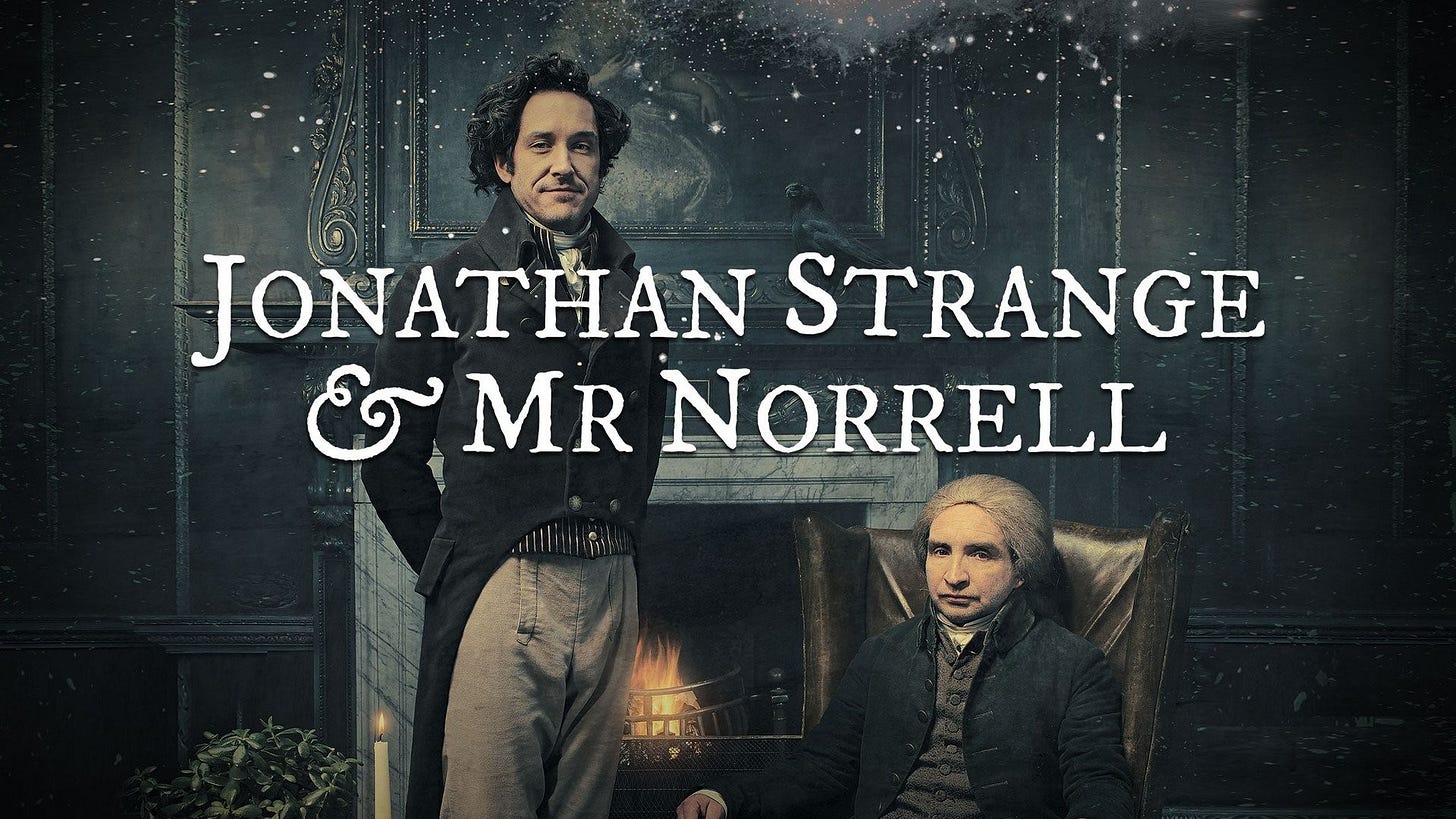

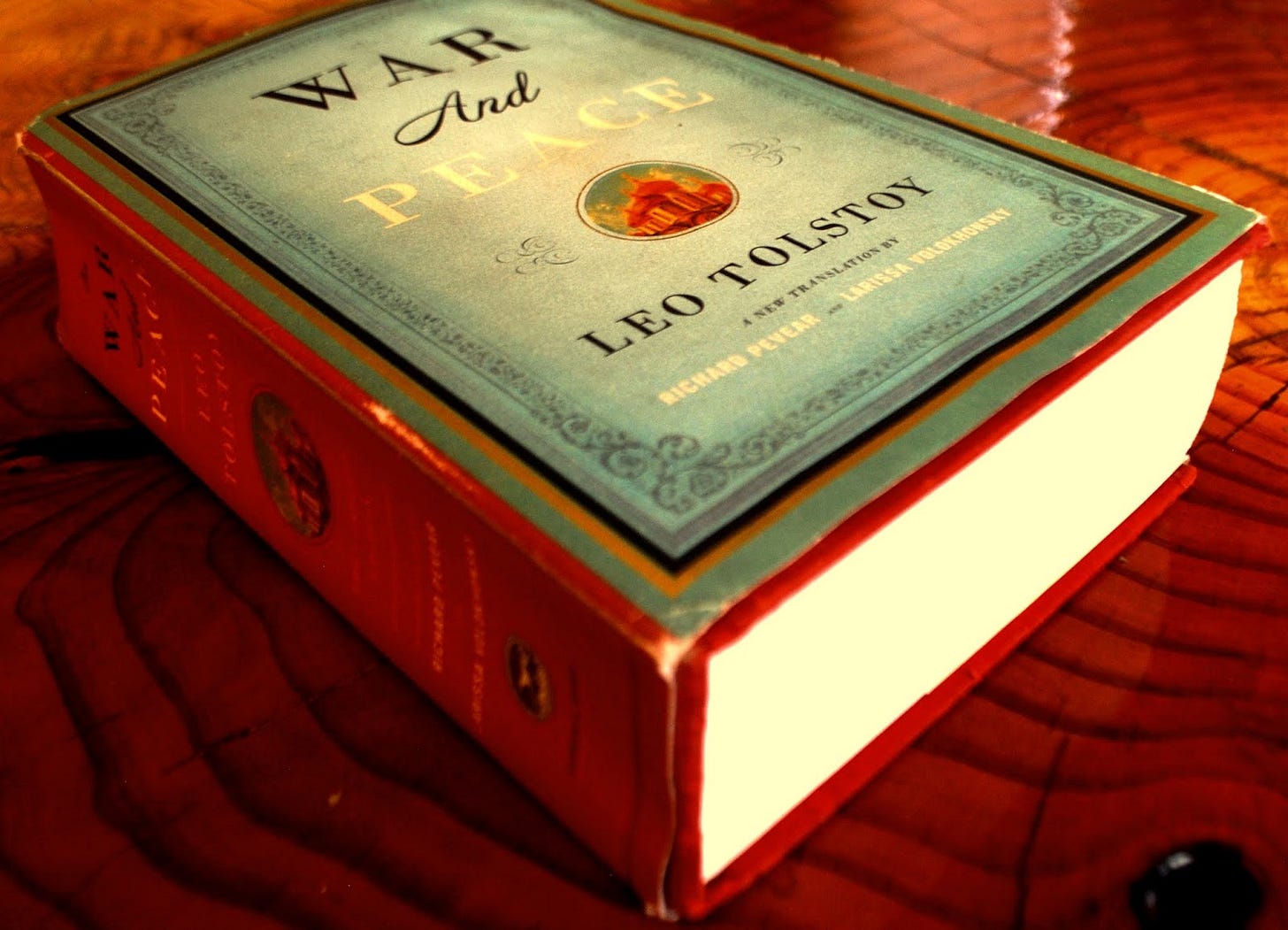





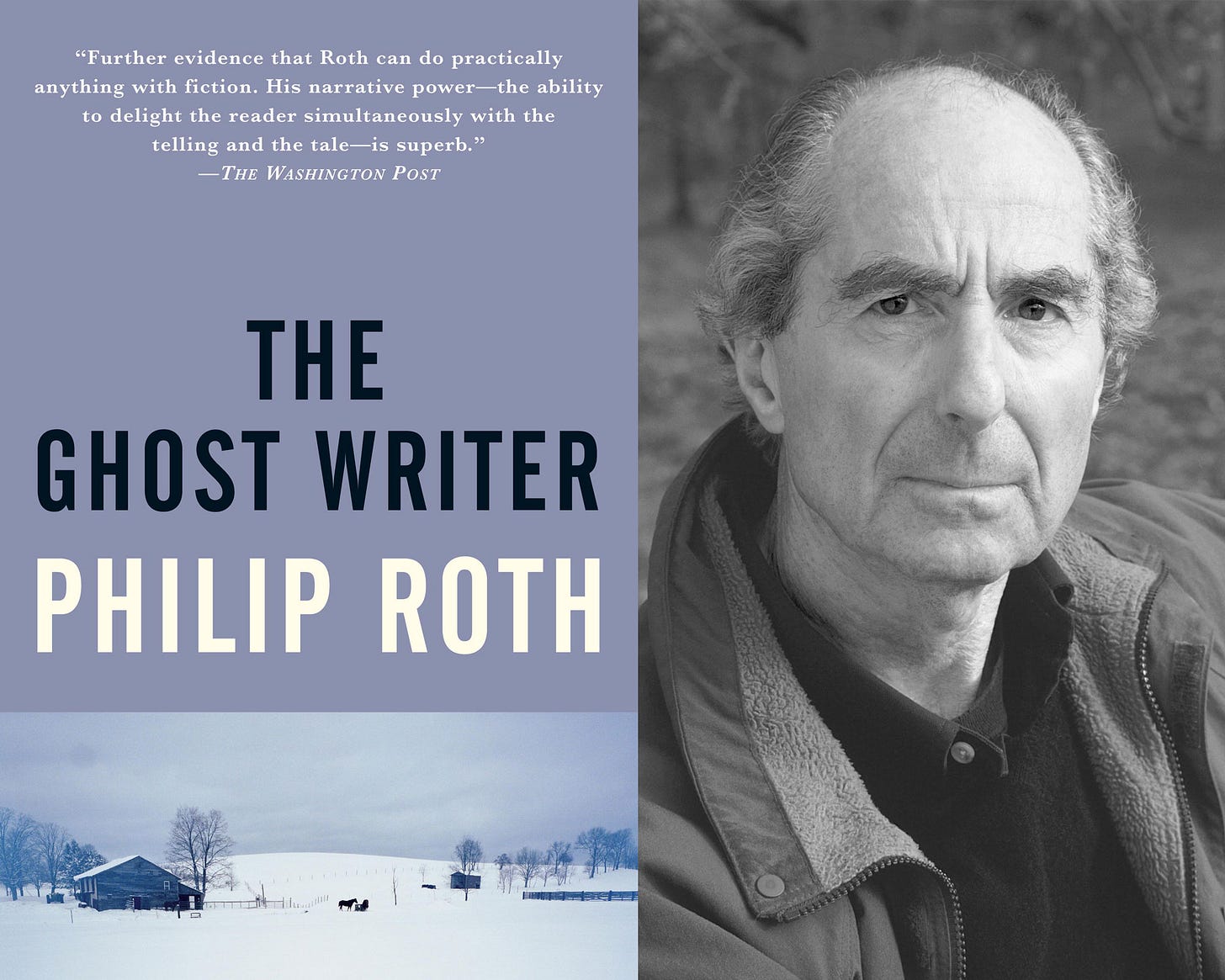

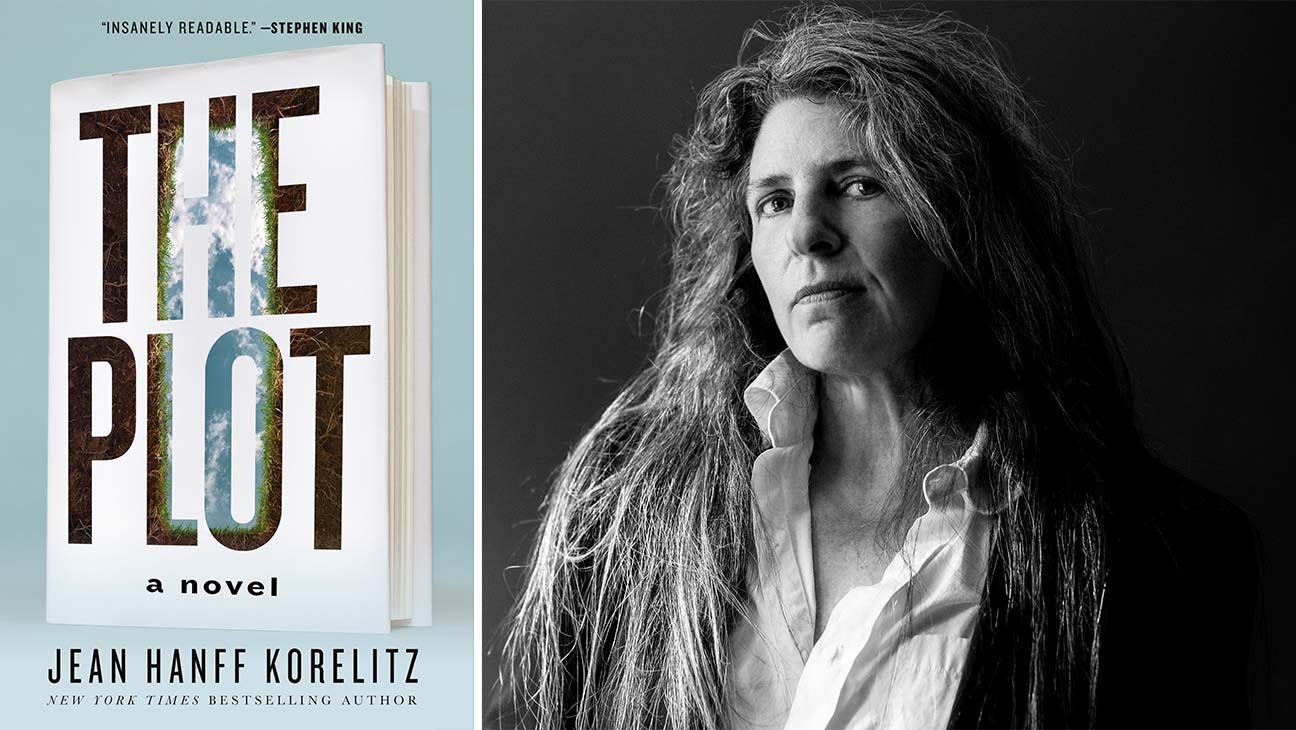

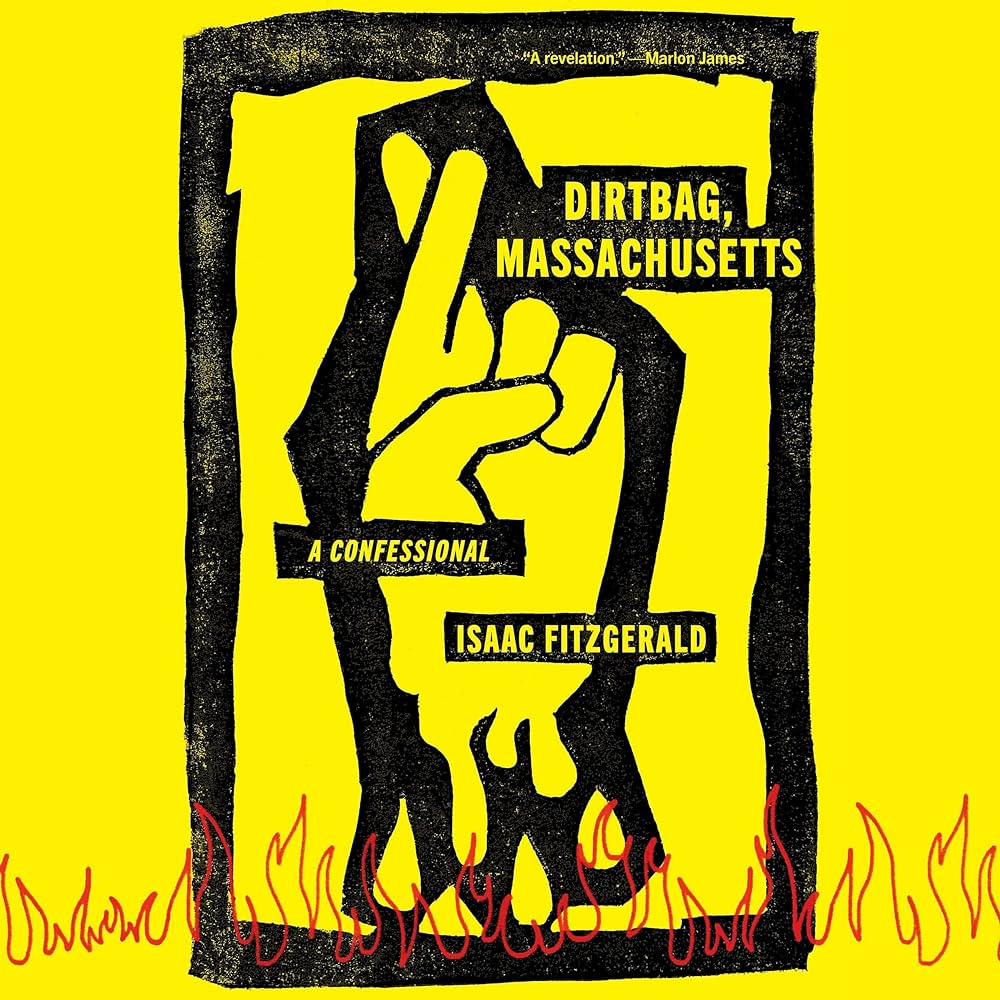
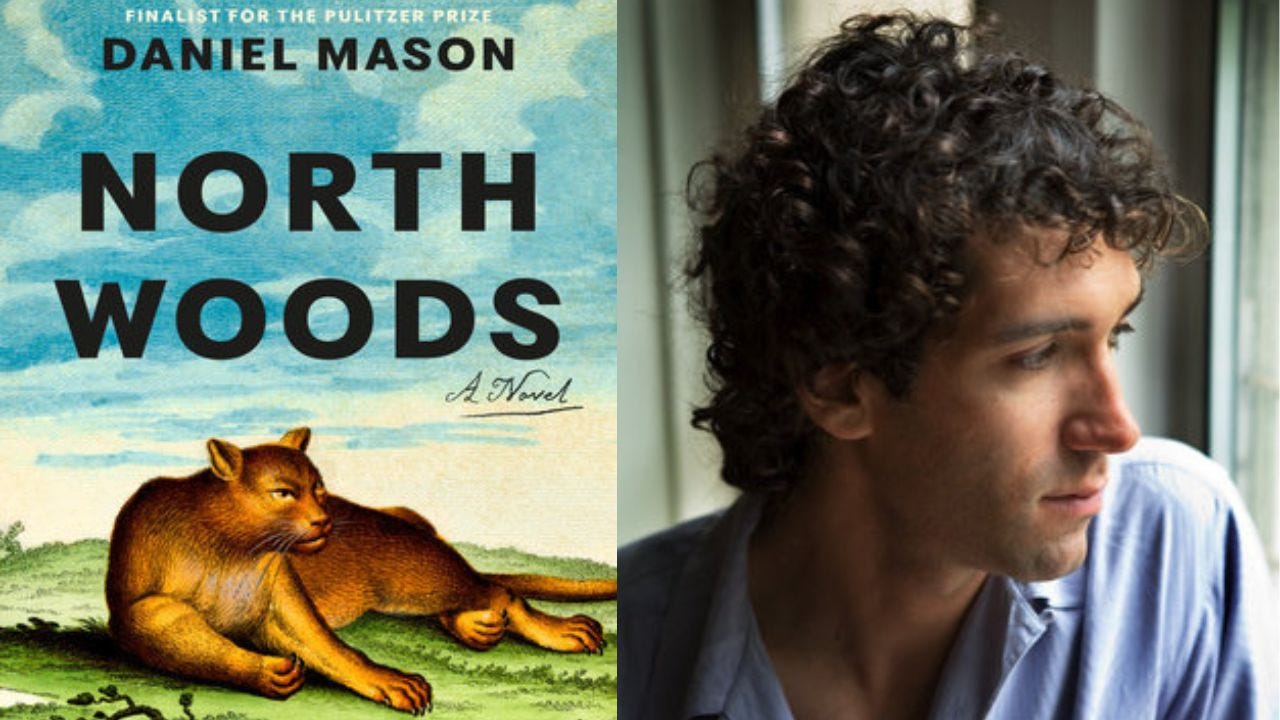
Amazing list and congrats for taking on War and Peace? Have you read All Down Darkness Wide? It’s a beautifully written queer memoir - sentence level perfection - but it does describe a lot of plants LOL. I read Brian Washington’s Family Meals this year and am very interested in the casualness of his style, the honesty of the relationships, and all the food details. The Whale Tattoo was a favorite of mine this year. I followed you on Goodreads.
I love hearing your recommendations and thoughts on books, and would welcome hearing them as often as you are inclined to post. I was wondering if you ever listen to audiobooks, or just read paper and kindle? I ask because one of my favorite times to “read” is while I’m cooking, when I am cooking alone. (I listen to music if there are others around). Also, I was trying to figure out if you do, or do not recommend My Year of Rest and Relaxation. I gather it is a wild ride, but I couldn’t tell if it was a good ride or a bad one. I’m trying to find the will to make it through Anna Karinina-- I am about a third of the way but I’m stalled. The book I love the best last year was the Sentence by Louise Erdrich. I think I liked it very much because it was so true to life of living through the pandemic and George Floyd Protest-riots in Minneapolis, though even without her exacting reflection of that time in my personal local history, I stand by Louise Erdrich as being one of the best novelists of our time, and would mention the Night Watchman as another example. Her novels capture both the tragedy and triumphs of Native lives and experiences and also the experience of living in Minnesota and North Dakota (both urban and small town/rural) and in way that I think would be interesting for people out of this area to read because it is just spot on it, capturing the way life is and who we are here, how we eat, how families operate, etc. She is just amazing at characters and great storyteller--she belongs on everyones’s bookshelf.